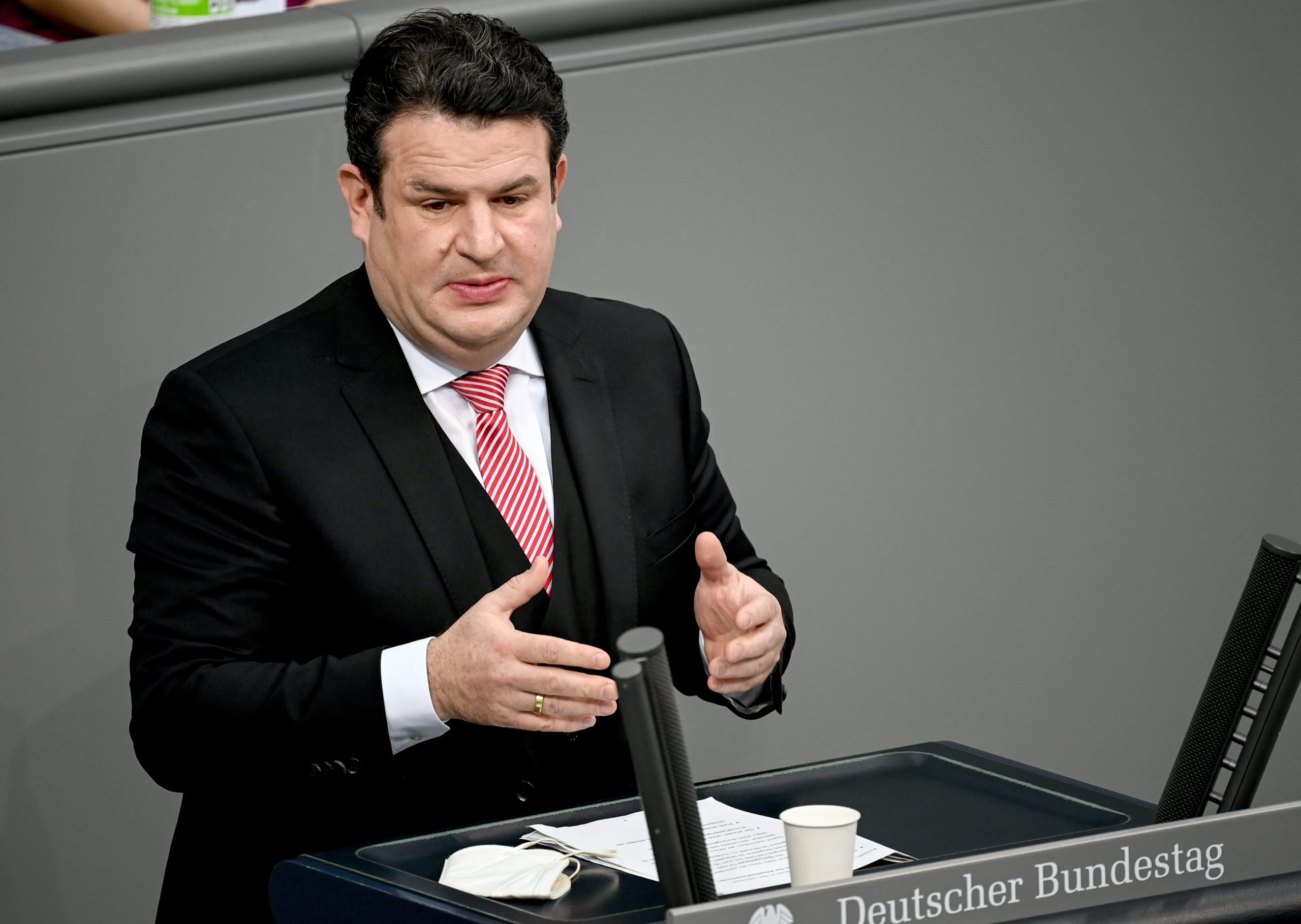Sellner, a leader of Austria’s white pride Identitarian Movement, posted a video of himself on X, formerly Twitter, reading out a letter he said was from the city of Potsdam.
A spokeswoman for the city authorities confirmed to AFP that an EU citizen had been served with a “ban on their freedom of movement in Germany”.
The person can no longer enter or stay in Germany “with immediate effect” and could be stopped by police or deported if they try to enter the country, the spokeswoman said, declining to name the individual for privacy reasons.
READ ALSO: Who is Austria’s far-right figurehead banned across Europe?
“We have to show that the state is not powerless and will use its legitimate means,” Mike Schubert, the mayor of Potsdam, said in a statement.
Sellner caused an uproar in Germany after allegedly discussing the Identitarian concept of “remigration” with members of the far-right Alternative for Germany (AfD) at a meeting in Potsdam in November.
Reports of the meeting sparked a huge wave of protests against the AfD, with tens of thousands of Germans attending demonstrations across the country.
READ ALSO:
Swiss police said Sunday they had prevented a hundred-strong far-right gathering due to be addressed by Sellner, adding that he had been arrested and deported.
The Saturday meeting had been organised by the far-right Junge Tat group, known for its anti-immigration and anti-Islamic views.
The group is also a proponent of the far-right white nationalist Great Replacement conspiracy theory espoused by Sellner’s Identitarian Movement.




 Please whitelist us to continue reading.
Please whitelist us to continue reading.
Member comments